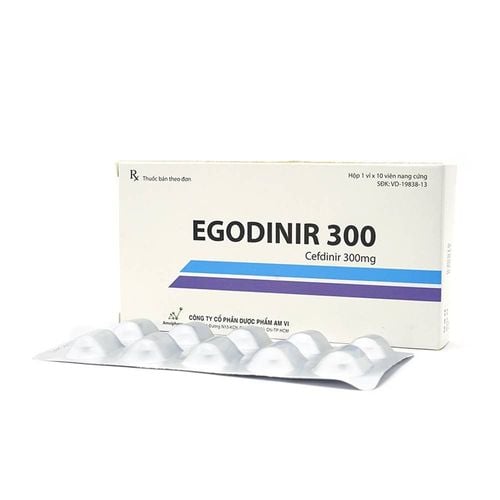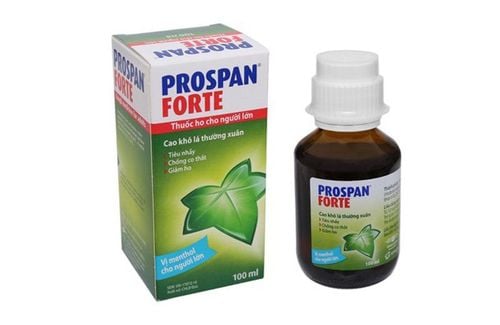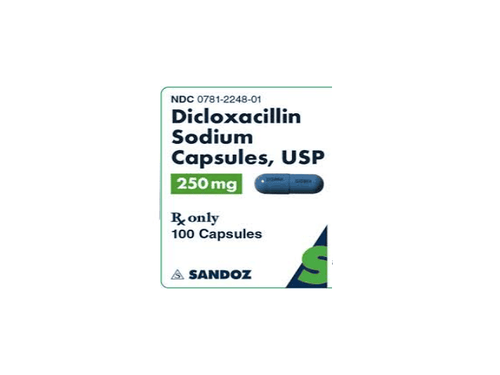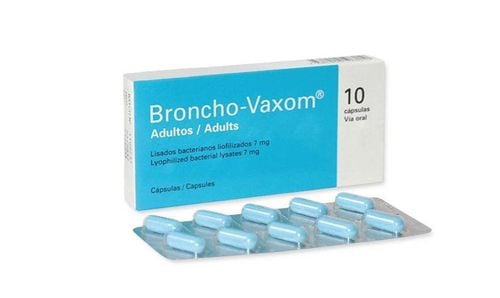This is an automatically translated article.
Article written by Dr. Ngo Van Dan, Department of Neonatology, Vinmec Times City International Hospital
1. Why are babies prone to pneumonia?
Neonatal pneumonia is an infection (bacterial, viral, fungal) of the lower respiratory tract (alveoli, tissues surrounding the alveoli) occurring during the neonatal period (from 0 to 30 days of age).
Newborns are very susceptible to pneumonia, which is a common disease, ranked second after gastrointestinal diseases. Especially if it occurs in premature babies, low birth weight.
Lungs are important organs of the respiratory system, where gas exchange between the external environment and the body. Normally, there are several different mechanisms that protect the lungs and body from environmental pathogens. Inhaled air is filtered and warmed, bactericidal in the nose, larynx, bronchi and gas exchange in the alveoli
When an agent enters the lower respiratory tract, it will be expelled through the cough reflex. Smaller particles, able to penetrate deeper into the trachea, are adhered to the tracheobronchial wall by the mucous mat on the ciliated epithelium and then transferred upward to be expelled. Particles that reach the alveoli are processed by alveolar macrophages and local immune mechanisms. Particles phagocytized by alveolar macrophages are transported out of the alveoli by the lymphatic system.

Newborns have different anatomical and physiological characteristics than older children and adults. The nose and pharynx are relatively short and small, the nostrils and nasal passages are narrow, so nasal breathing is limited. The nasal mucosa is thin, the barrier function of the nasal mucosa in children is still weak due to the poor ability to disinfect with mucus, so the child is prone to nasopharyngeal infections, which easily leads to pneumonia.
Common characteristics of rods, gases, and bronchi in children are relatively narrow lumen, less developed elastic organization, soft cartilage ring, easy to deform, mucosa has many blood vessels, so children are prone to inflammation Infections of the respiratory tract, mucous membranes of the larynx, gas, and bronchi are prone to edema, exudation and deformity in the pathological process.
Children's ribcage has poor mobility, so they are prone to atelectasis, emphysema, and alveolar dilation when having pneumonia. The respiratory muscles are weak, so the child is prone to respiratory failure when the lungs are damaged, and at the same time, the child's need for oxygen is greater than that of an adult. The respiratory center of the child is not yet complete, so the newborn is prone to breathing disturbances and stops breathing.
2. Complications from pneumonia in infants?
Pneumonia, if it occurs in children younger than 2 months old, is classified as severe pneumonia and is indicated for hospitalization. Neonatal pneumonia mortality rate is higher than other age groups. Moreover, the signs of pneumonia in children are often more difficult than other ages, so parents often take them to the doctor when the child's condition is severe.
Severe neonatal pneumonia with dangerous complications
Respiratory failure; Septicemia; Meningitis ; Effusion, pneumothorax; The immune system is weakened.

3. How to detect/treat when a newborn has pneumonia?
Parents need to detect early and treat signs when children suspect pneumonia
3.1. High fever
High fever is just an initial sign based on it to monitor, not to diagnose pneumonia. Combined with the next symptoms before making a final conclusion
In many cases, a fever of 39 degrees Celsius in children over 3 months of age is still considered normal and can be caused by many other causes other than pneumonia. But if the infant has a high fever above 38 degrees Celsius, parents need to take the baby to a medical facility immediately to find the cause and treat it promptly.
3.2. Breathe fast
Tachypnea is the sign with the highest diagnostic value for pneumonia. It is possible to count the child's breathing in one minute to assess the child's condition (children under 2 months of age > 60 breaths/minute). Note that breathing should be counted when the child is lying still or when sleeping. For infants under 2 months of age, if the first count is 60 breaths per minute or more, the second count is required because at this age children often breathe irregularly. If it is still more than 60 times a minute, it is considered tachypnea. Cases like these should not be delayed, but should take the child to see a doctor immediately.

3.3. Chest retraction
Chest indrawing is a sign of a child with severe pneumonia. To detect, parents can look at the lower part of the chest that is indented when the child inhales. For children under 2 months of age, only slight chest indrawing is not valid for classification because the baby's ribcage is still soft. In case the deep concave is clearly visible and easy to see, the child definitely has pneumonia.3.4. Poor suckling, tired
This is the first sign that the child is sick. Poor suckling is when the amount of milk the baby sucks is less than 50% of the baby's normal needs. Parents may find that the child is not as agile and active as usual. Children may be irritable or lethargic, less responsive when communicating with parents. In some cases, the mother may find that the baby does not smell as good as usual.

3.5. Cough, runny nose
Pneumonia usually starts with inflammation of the upper respiratory tract, then the causative agent will spread to the lungs. Therefore, in the early stages of pneumonia, children often have symptoms of upper respiratory tract infection such as cough, runny nose, and wheezing. If parents find these symptoms are more severe such as: deep cough, heavy voice, runny nose, cough with thick sputum, they need to take the child to the doctor immediately.
3.6. Cyanosis
This is a sign of respiratory failure if the child has pneumonia. Parents can see the lips, toes and fingers are pale, purple.When a newborn has pneumonia, it is necessary to quickly take the baby to a medical facility for timely treatment and avoid complications.
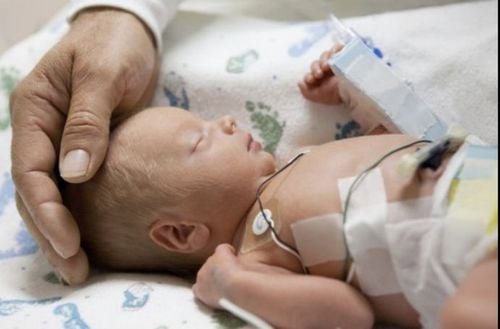
As a key area of Vinmec Health system, Pediatrics Department always brings satisfaction to customers and is highly appreciated by industry experts with:
Gathering a team of top doctors and nurses in Pediatrics : consists of leading experts with high professional qualifications (professors, associate professors, doctorates, masters), experienced, worked at major hospitals such as Bach Mai, 108.. Doctors All doctors are well-trained, professional, conscientious, knowledgeable about young psychology. Besides domestic pediatricians, the Department of Pediatrics also has the participation of foreign experts (Japan, Singapore, Australia, USA) who are always pioneers in applying the latest and most effective treatment regimens. . Comprehensive services: In the field of Pediatrics, Vinmec provides a series of continuous medical examination and treatment services from Newborn to Pediatric and Vaccine,... according to international standards to help parents take care of their baby's health from birth to childhood. from birth to adulthood Specialized techniques: Vinmec has successfully deployed many specialized techniques to make the treatment of difficult diseases in Pediatrics more effective: neurosurgery - skull surgery, stem cell transplantation. blood in cancer treatment. Professional care: In addition to understanding children's psychology, Vinmec also pays special attention to the children's play space, helping them to have fun and get used to the hospital's environment, cooperate in treatment, improve the efficiency of medical treatment.
Please dial HOTLINE for more information or register for an appointment HERE. Download MyVinmec app to make appointments faster and to manage your bookings easily.
Recommended video:Signs of severe pneumonia in young children





